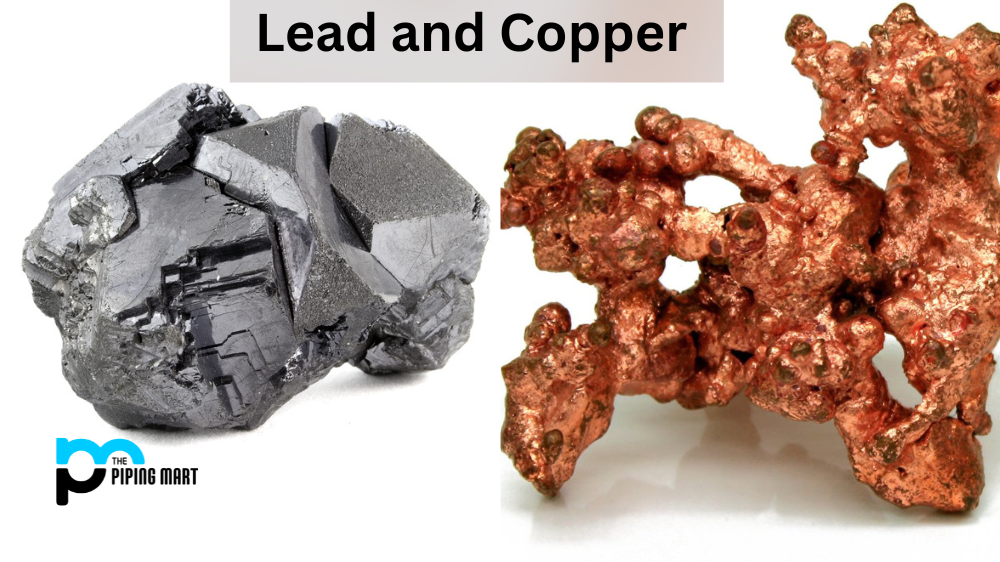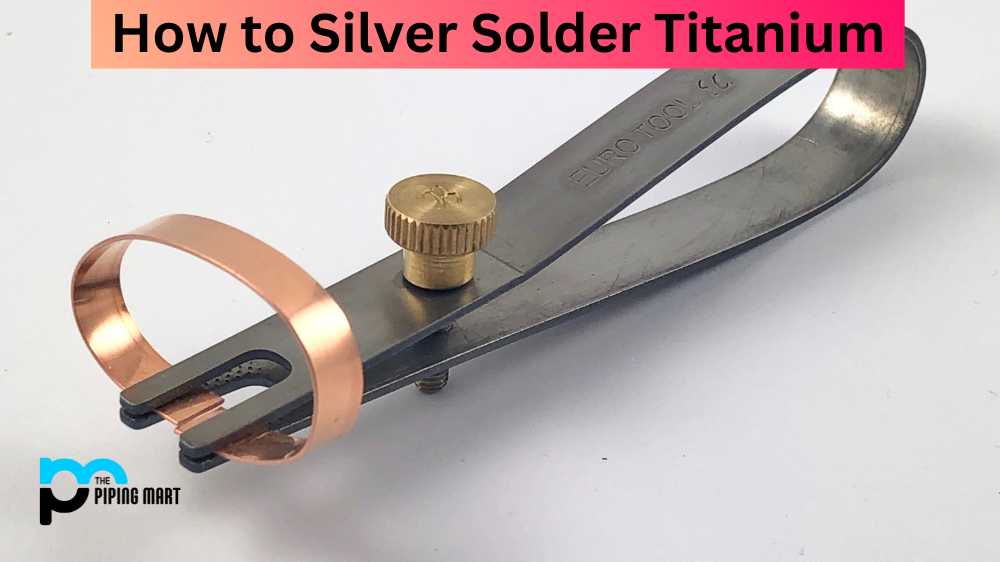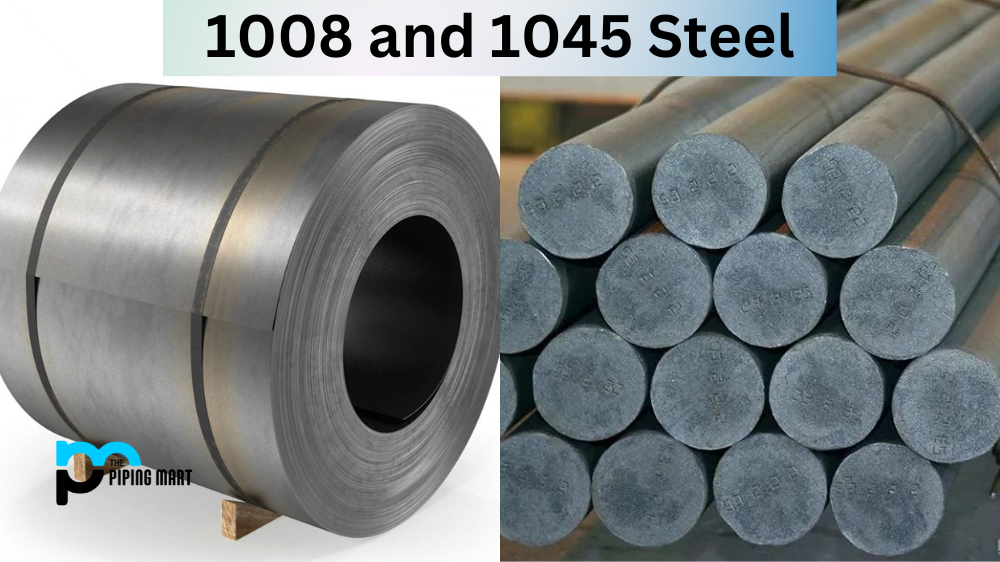Lead and copper are two of the most common metals used in construction, plumbing, and electrical wiring. Although both metals are used for various applications, there are significant differences between them that must be considered when deciding which metal to use in any particular application. Let’s take a closer look at lead vs. copper and what makes them unique.
Lead vs. Copper: Properties & Usage
Lead is a soft, malleable metal with a low melting point that is relatively easy to shape and form into various shapes. It is also resistant to corrosion and has excellent soundproofing properties, making it ideal for plumbing systems, roofing, siding, and other applications where sound insulation is essential. It can also be easily joined together using solder or welding techniques. However, lead is highly toxic to humans and should not be used in applications involving food or drinking water.
Copper is harder than lead but still malleable enough to be shaped into various forms. It is an excellent conductor of electricity and heat, often used for electrical wiring and plumbing pipes. Copper does not corrode or rust, so it can last for decades without needing repair or maintenance. It can also be easily joined together using soldering or welding techniques. One downside of copper is that it can develop a patina over time due to air oxidation which may make it visually unappealing after a few years, depending on its environment.
Difference Between Lead and Copper
Lead and copper are among the most common metals used in construction and piping. While both are very durable and resilient, they have key differences which make them suitable for different applications. Lead is heavier than copper and more ductile, meaning that it can be shaped into particular forms without breaking. This makes it well-suited to handling water pressure as well as highly malleable compounds that could be damaged by copper’s more rigid shape. By contrast, copper has a higher thermal conductivity than lead so it’s often preferred as an electrical conductor since it effectively dissipates heat generated during electrical power transmission. Ultimately, each metal is suited to different purposes but both can add value depending on their appropriate use in any given context.
- Lead is a heavy metal that is found in the environment.
- Copper is a metal that is found in the environment.
- Lead can be harmful to human health if it is ingested.
- Copper can be harmful to human health if it is ingested.
- Lead can accumulate in the body and cause health problems.
- Copper can accumulate in the body and cause health problems.
Conclusion:
As you can see from our discussion of lead vs. copper, many differences between these two metals must be considered when deciding which one to use for any particular application. Lead has excellent soundproofing properties, but it is toxic in high doses, so it should not be used in applications involving food or drinking water. On the other hand, copper is an excellent conductor of electricity and heat, making it ideal for electrical wiring. In contrast, its corrosion resistance makes it suitable for plumbing applications such as pipes and fixtures. Ultimately, the choice between lead vs. copper will depend on your specific needs and budget. No matter what metal you choose, rest assured that your project will have lasting quality if you install either one correctly!

Pipingmart is a B2B portal that specializes in metal, industrial and piping items. Additionally, we share the latest information and information about materials, products and various types of grades to assist businesses that are involved in this business.




